Add to that a spate of injured birds and one spastic accipiter who behaved exactly as I’d hoped he wouldn’t, and it was enough to make a saint cuss…and as y’all well know, I ain’t a saint by any stretch of the imagination.
Lordy, where to start detailing this miserable past week?
Let’s start with the sharpie. Remember how pleased I was at how calm he seemed to be? Yeah, well…this week he acted like a true accipiter. He started flailing around in the box, which I attributed to spring hormones and the migratory urge, but he didn’t seem too terribly agitated yet, so I was hopeful a late-week x-ray would show beautiful calluses forming on those broken “hand” bones. But oh no…the spastic little devil decided to self-mutilate: he ripped that left wing completely open and re-fractured the healing bones, doing enough damage to seal his fate. Instead of a vet trip for follow-up x-rays, his vet trip was to determine just how badly he’d screwed up his wing and subsequent euthanasia. Below is the original x-ray, followed by Friday’s x-ray. THIS is what accipiters do all too often in rehab settings, and it’s why no rehabber likes to see them come in.
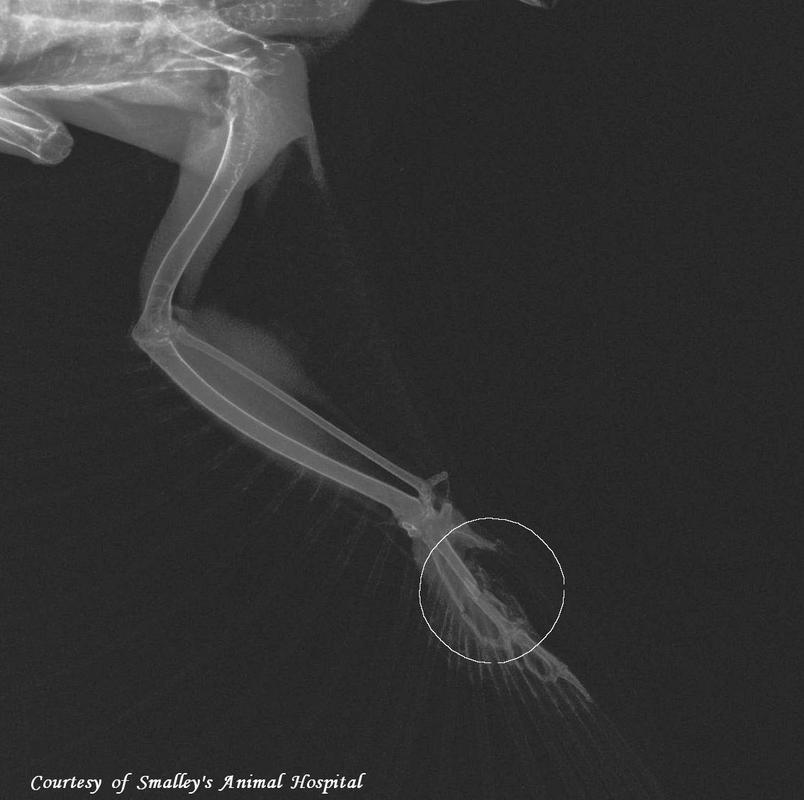
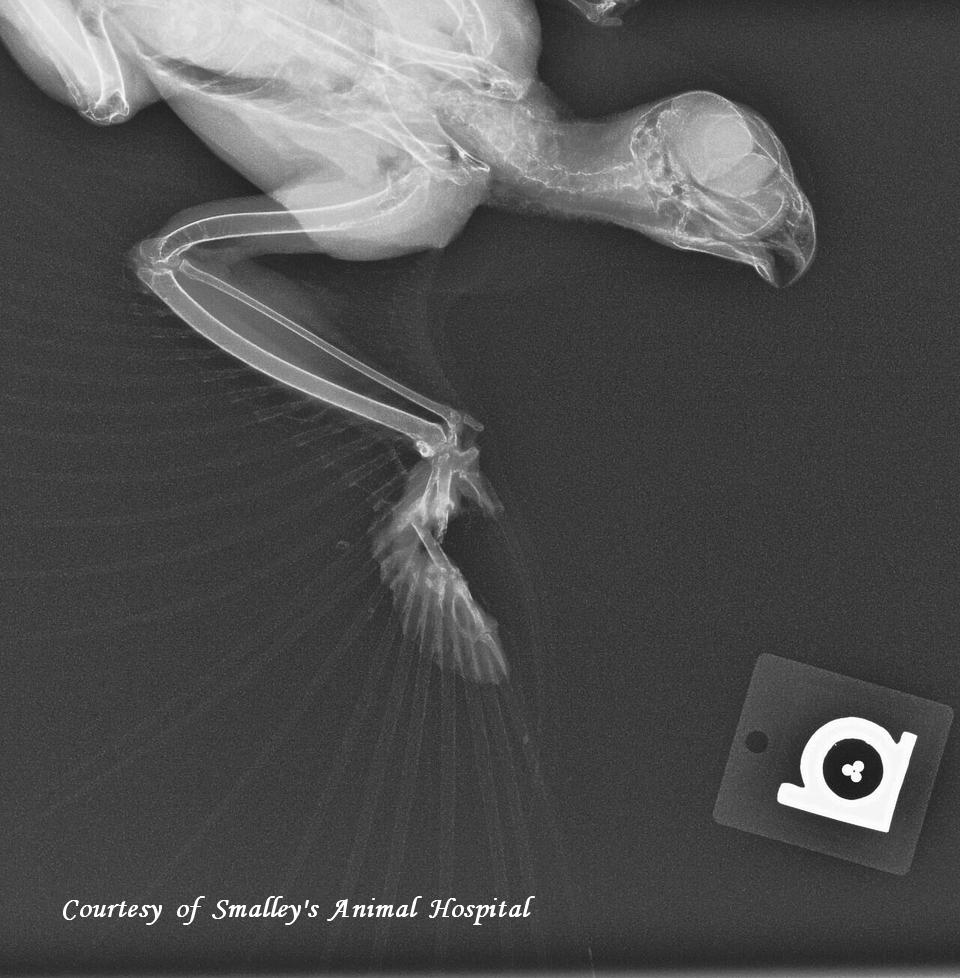
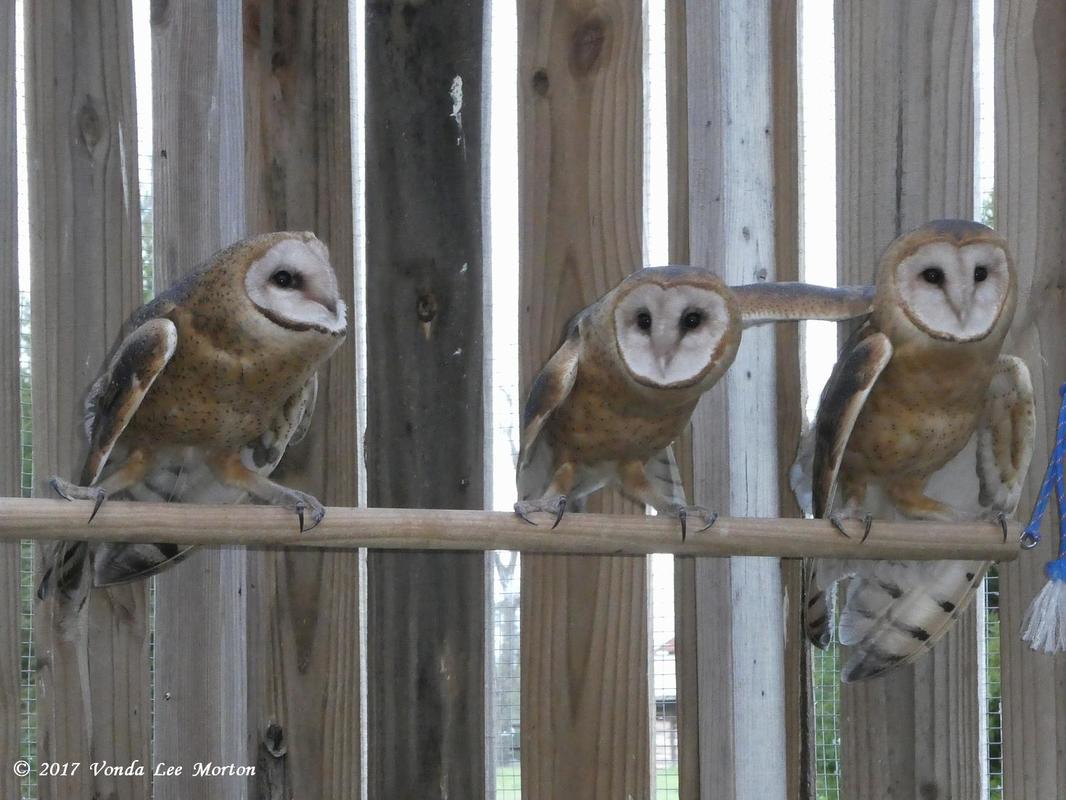
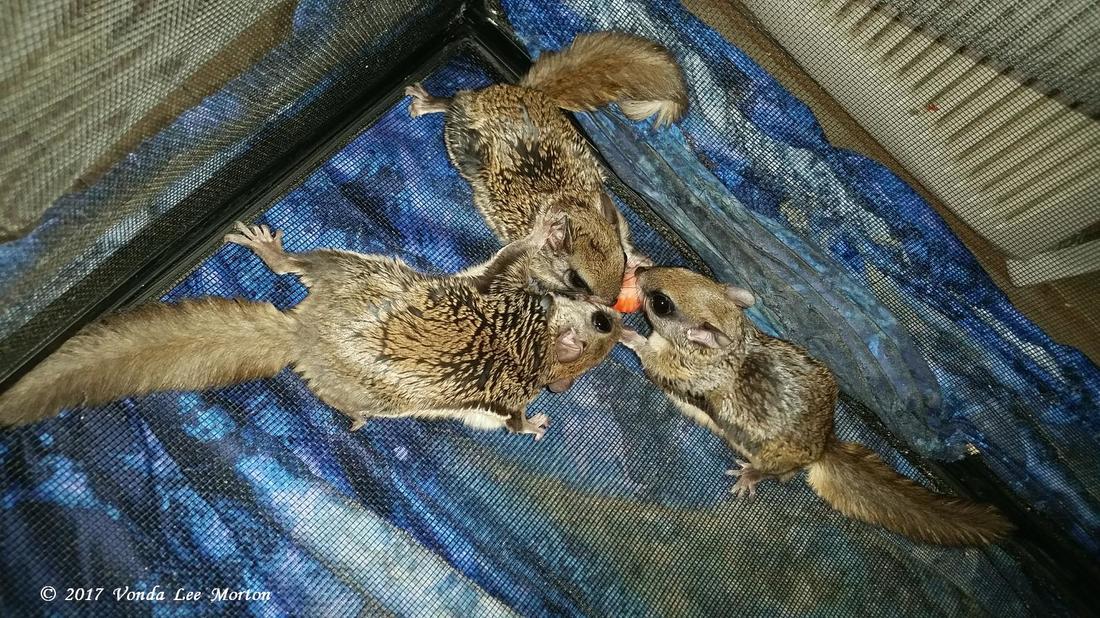
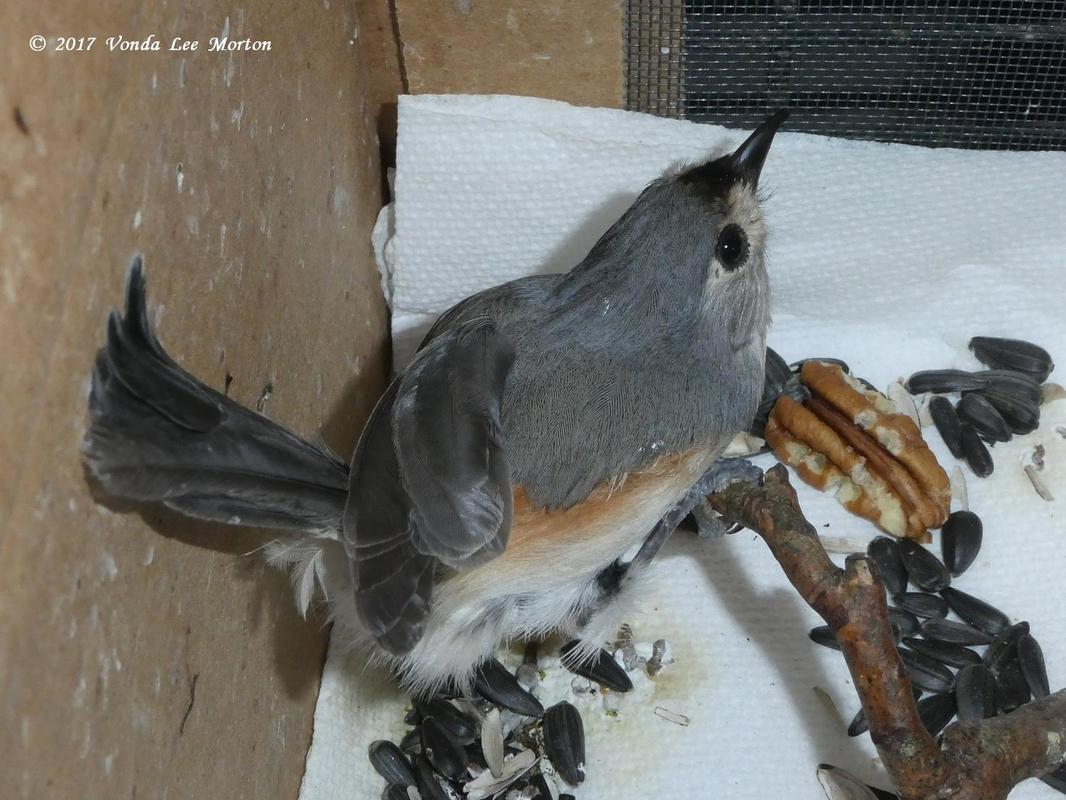
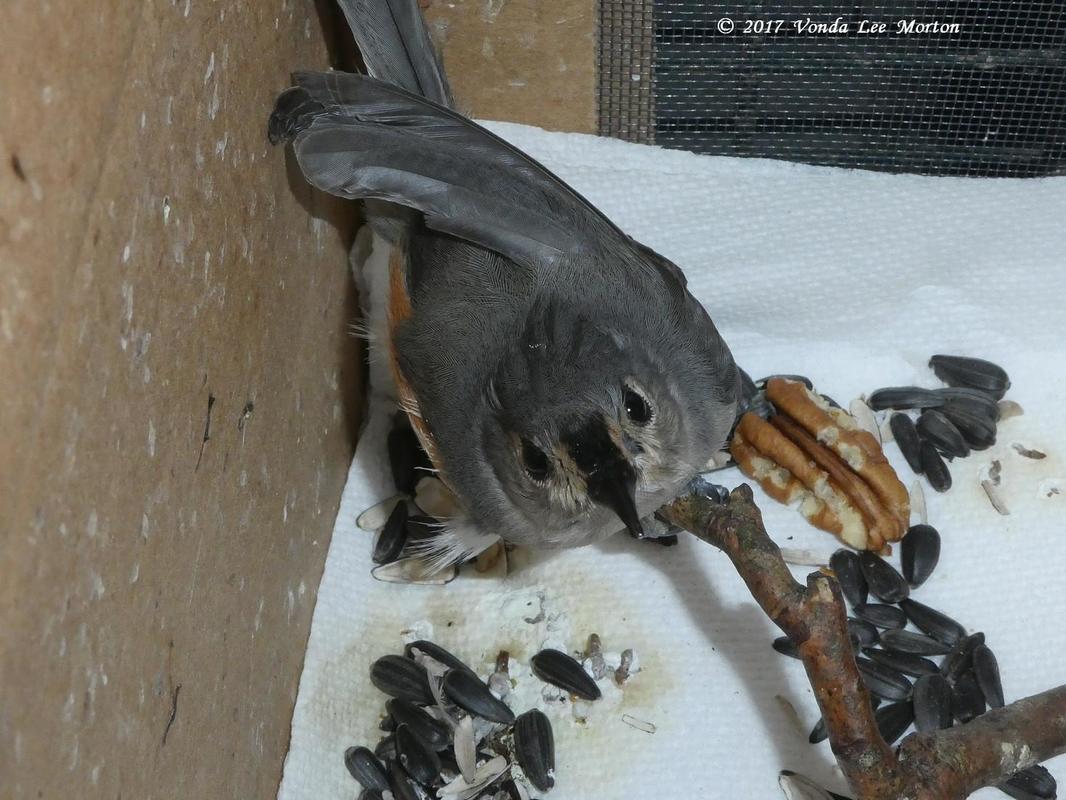
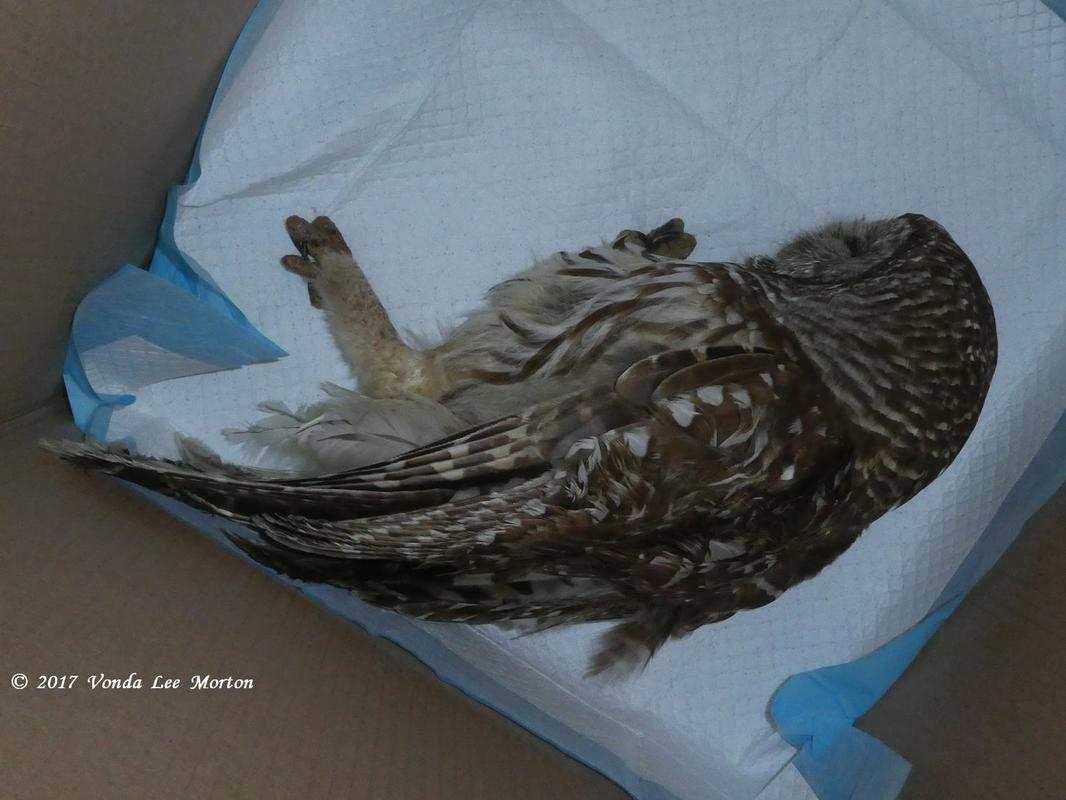
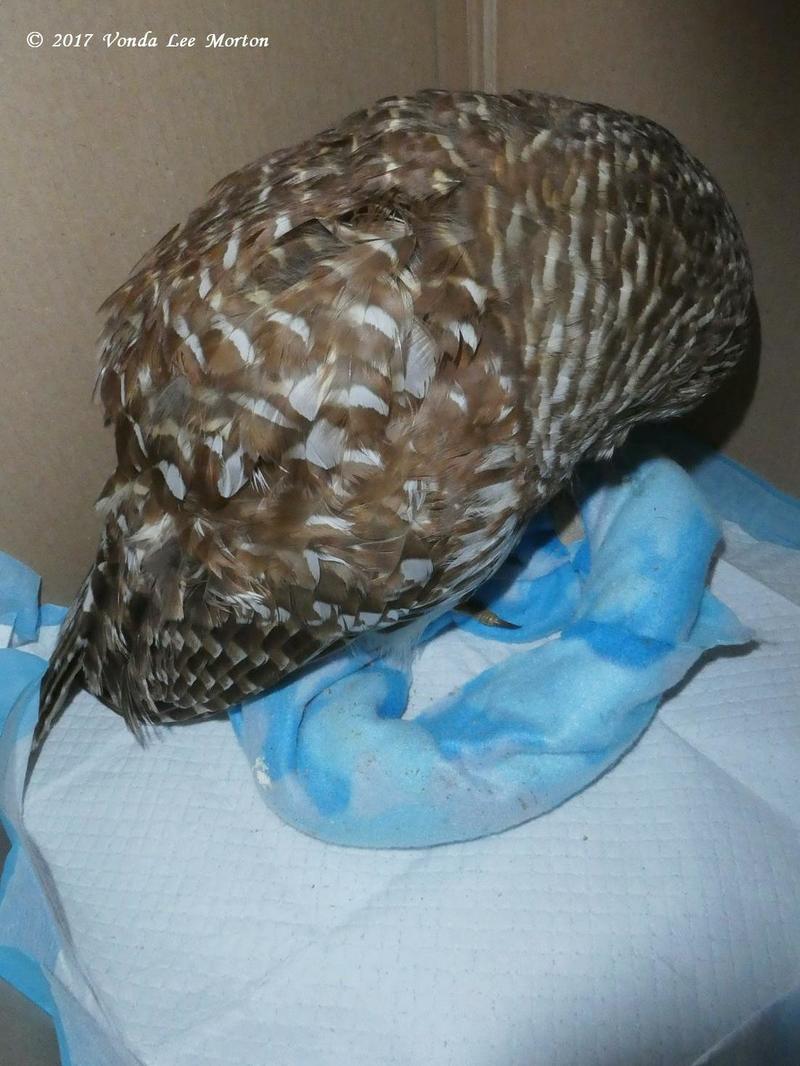
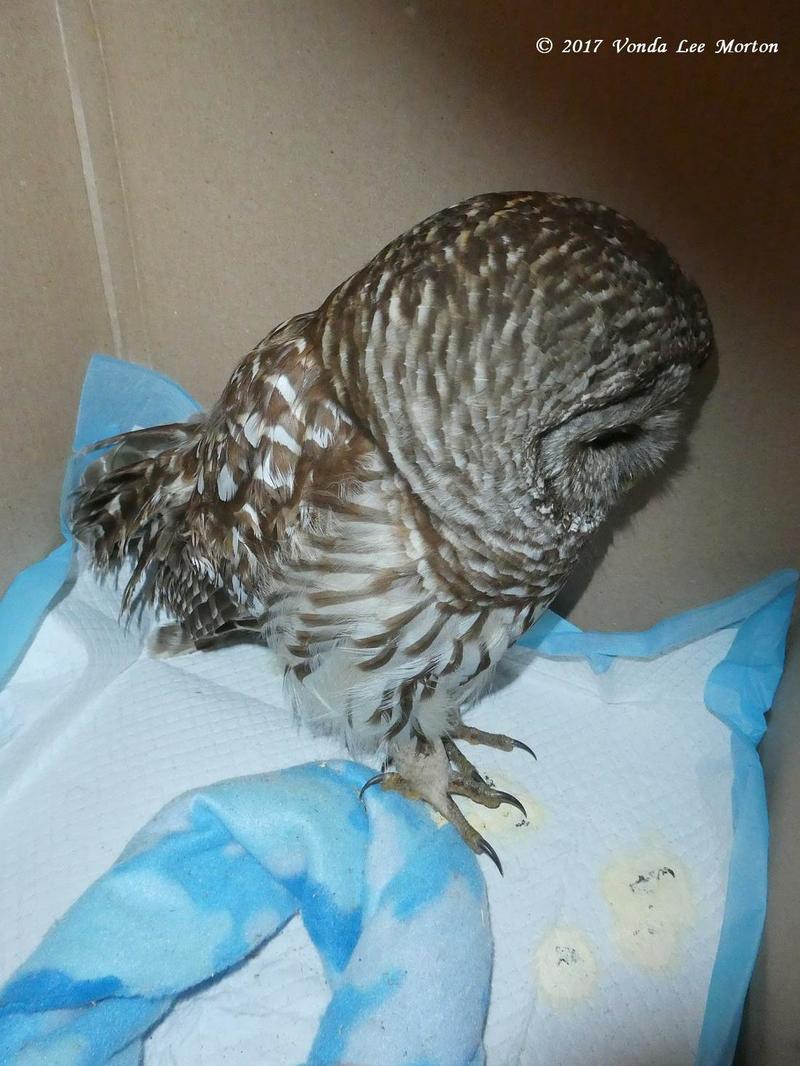
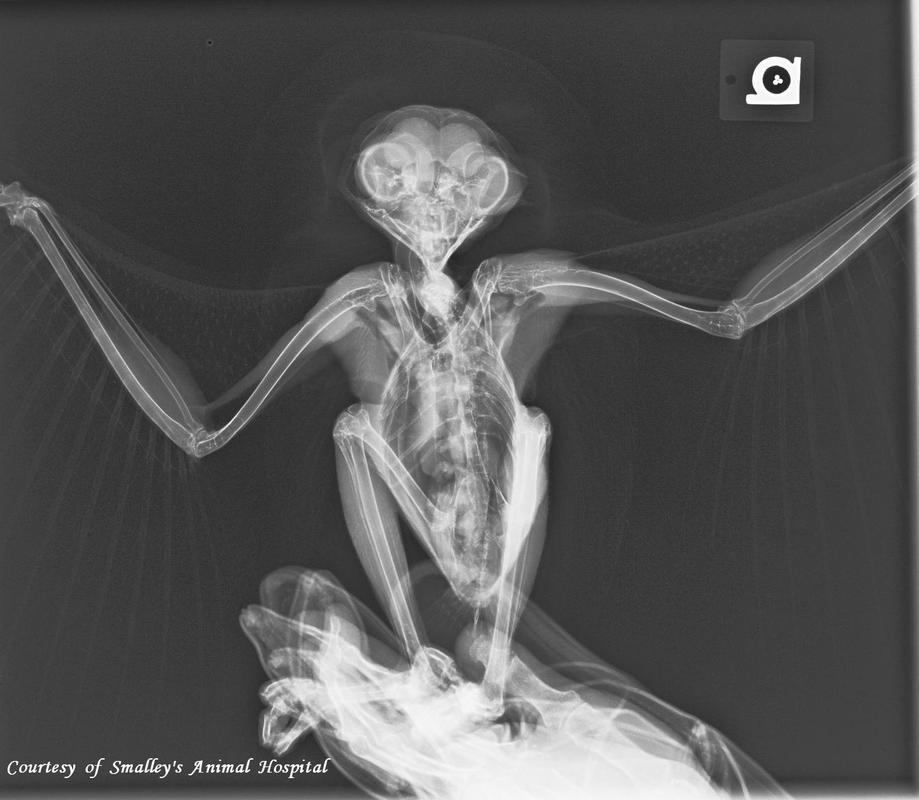
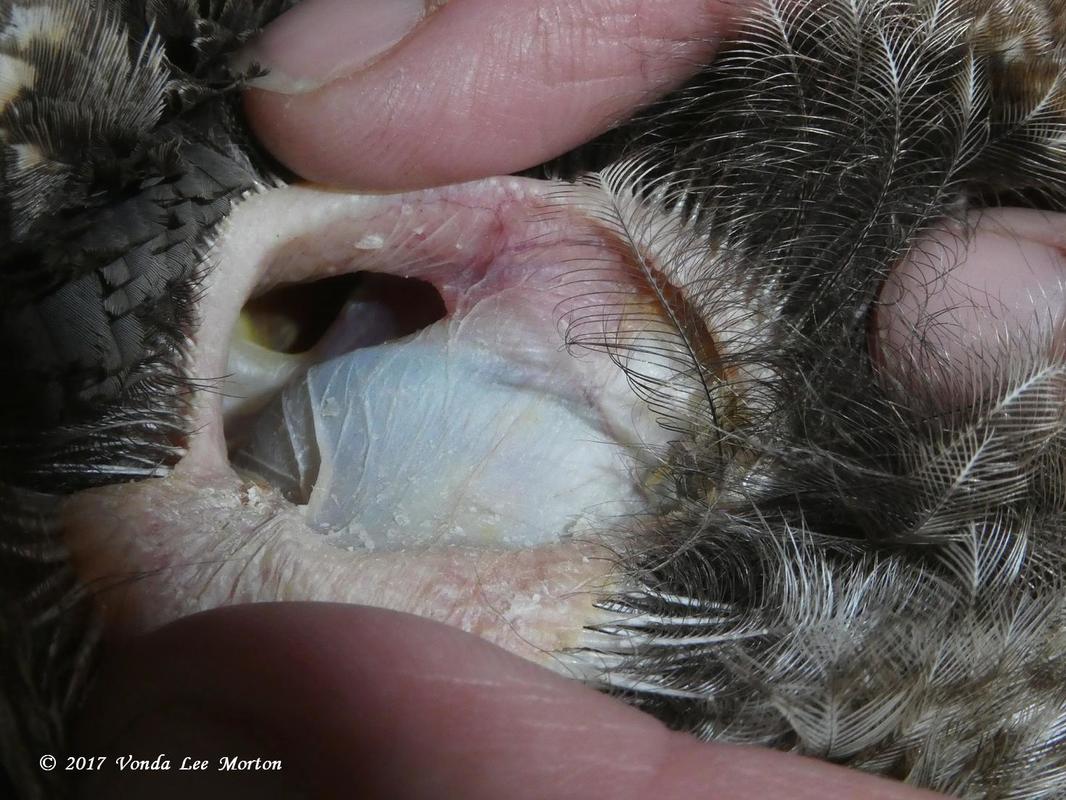
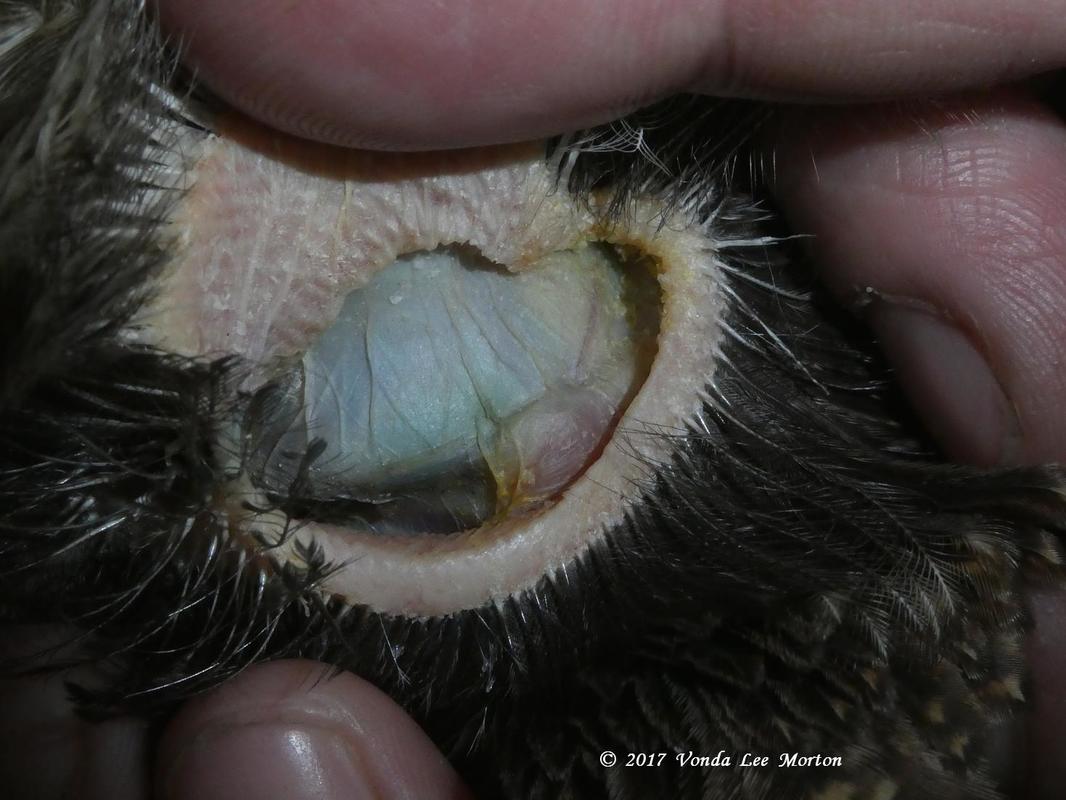
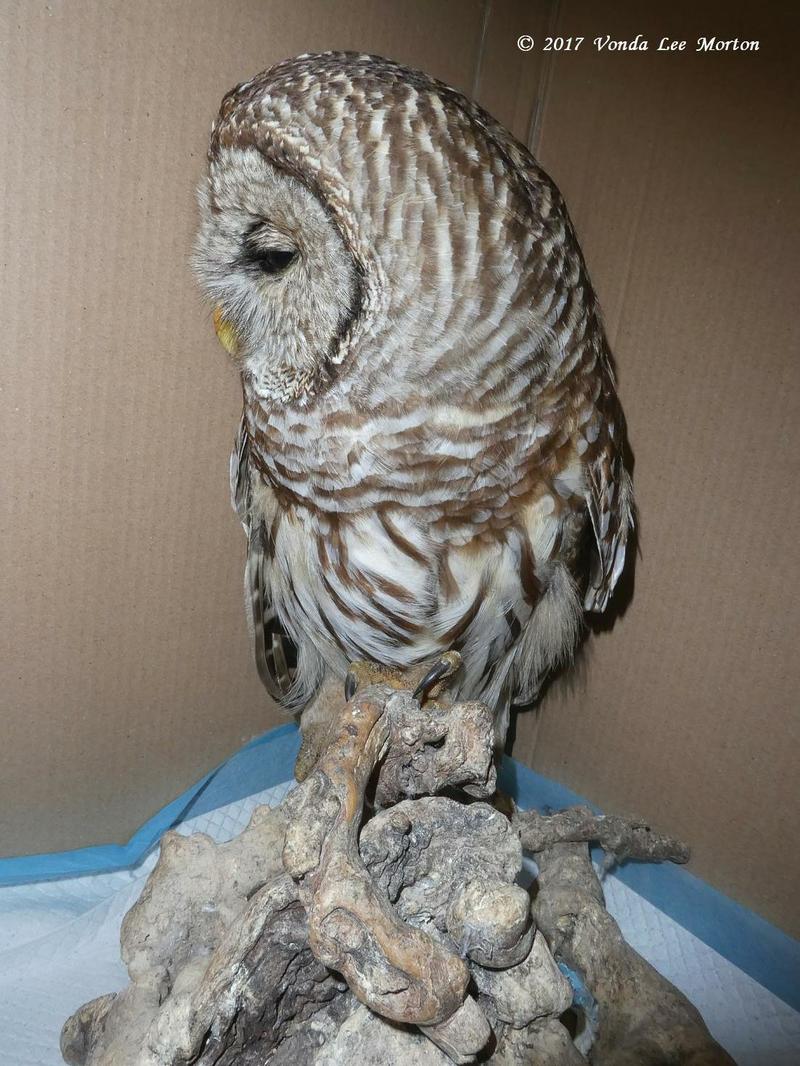
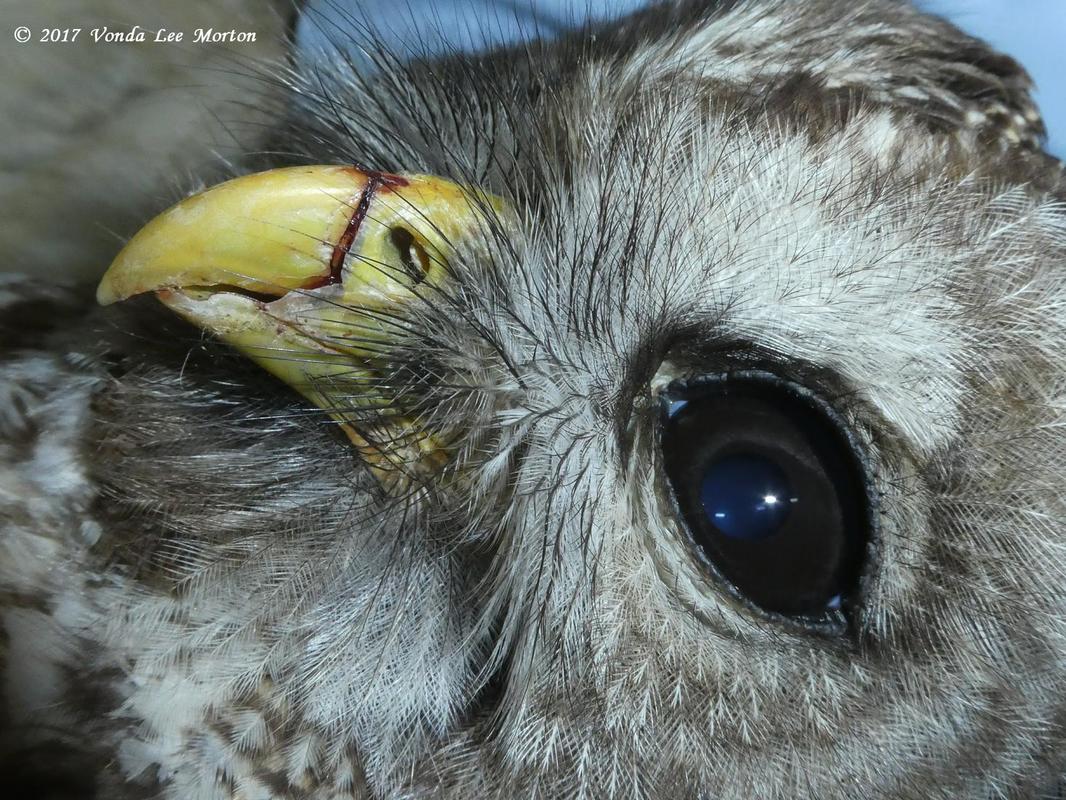
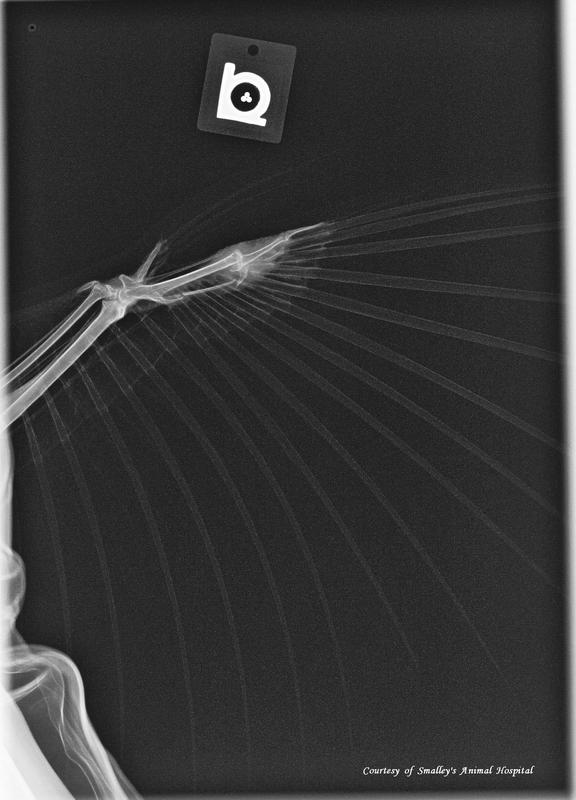
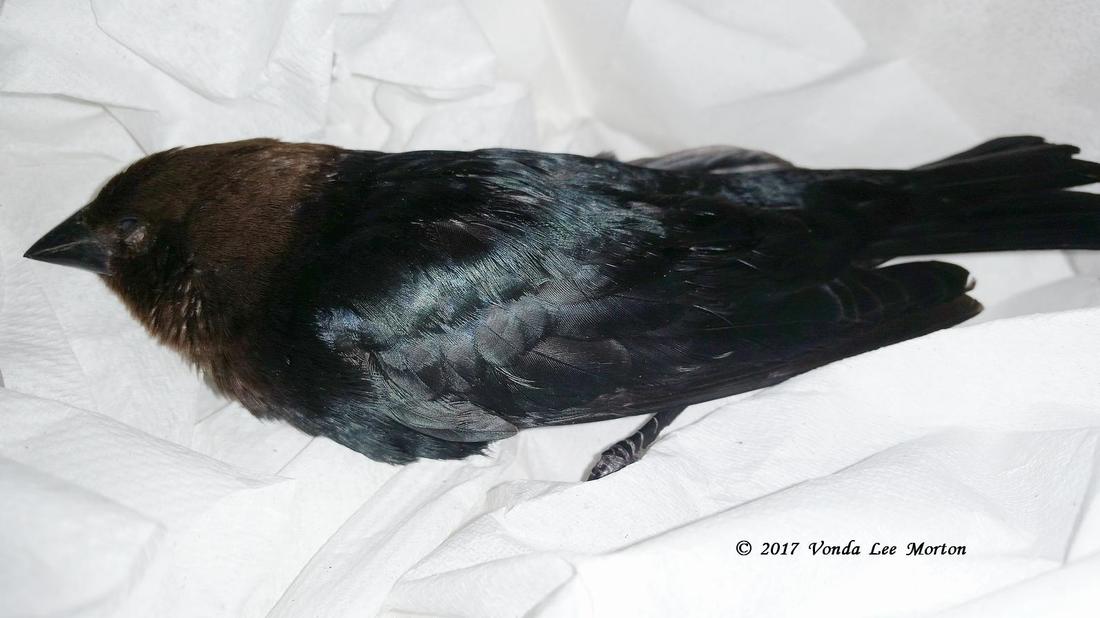
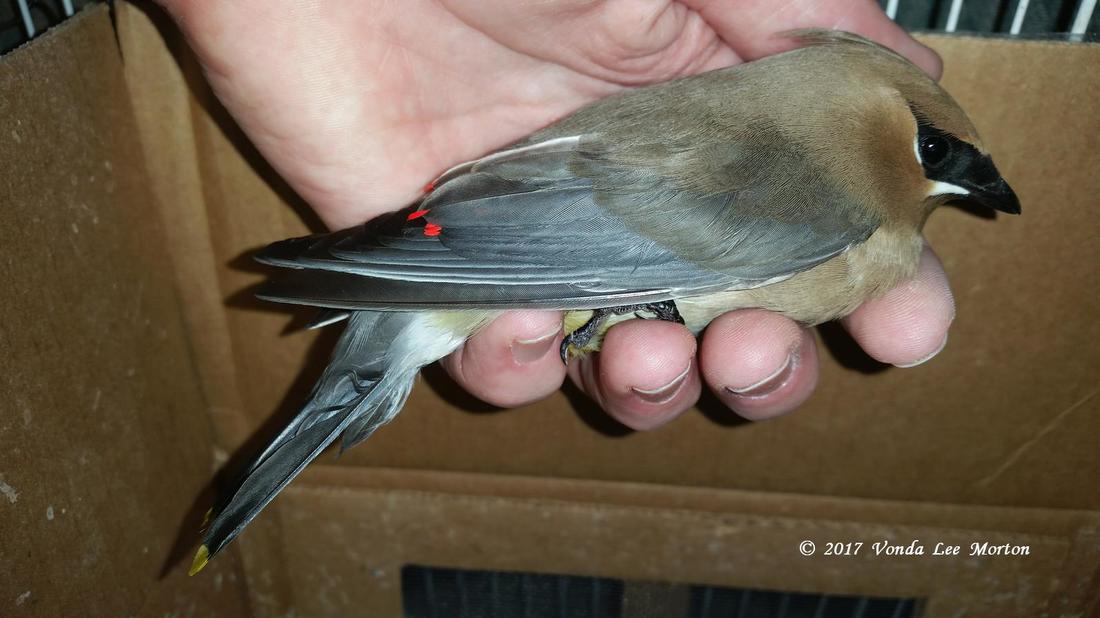
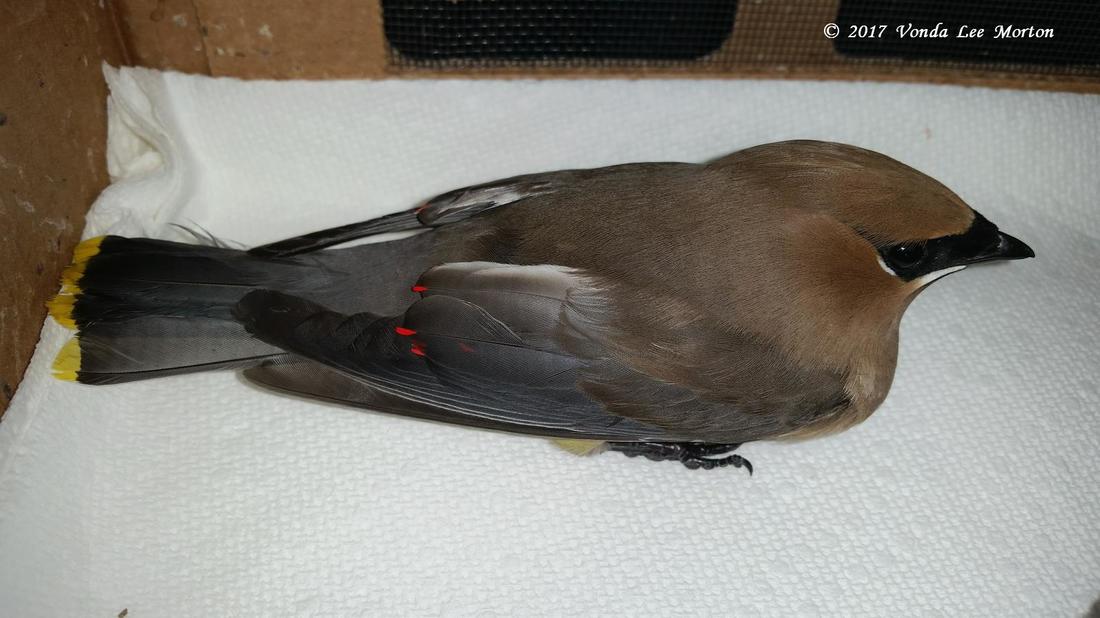
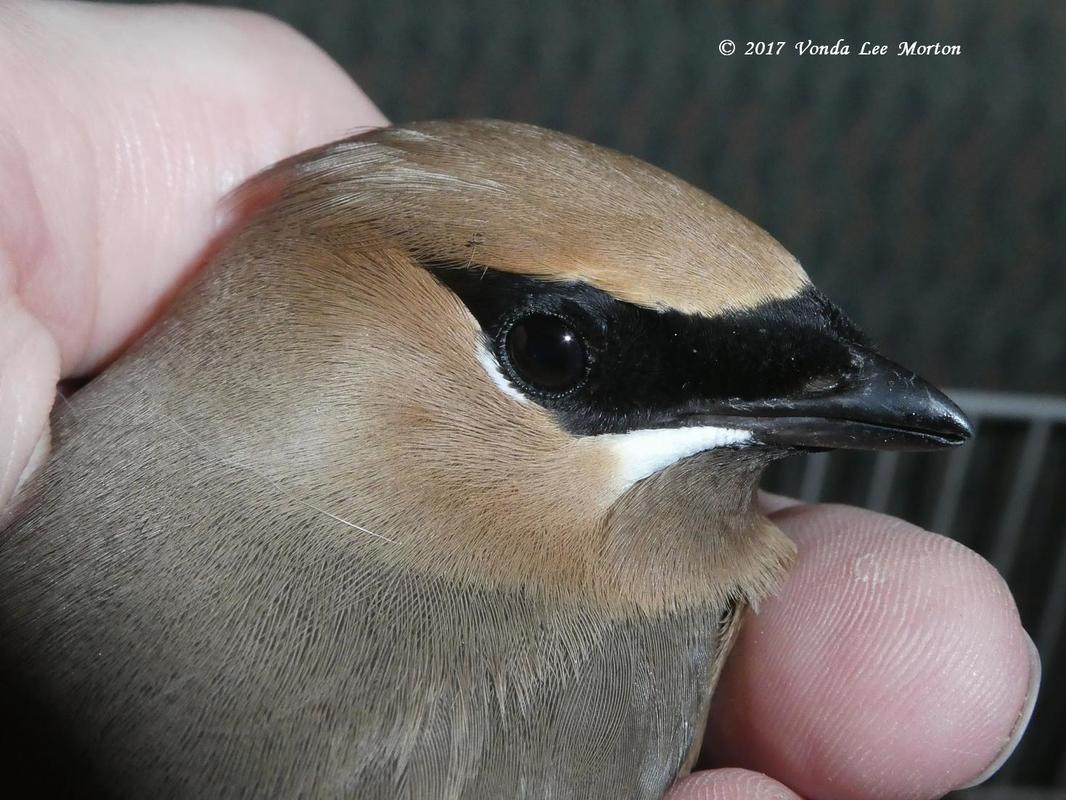
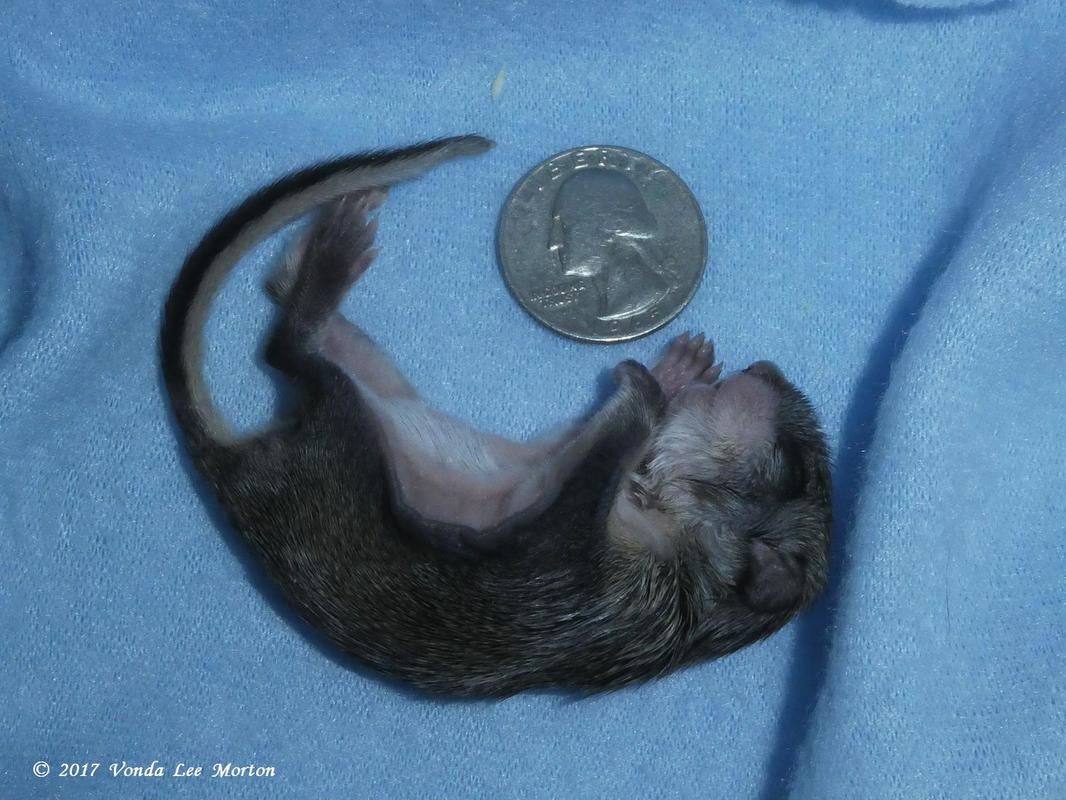
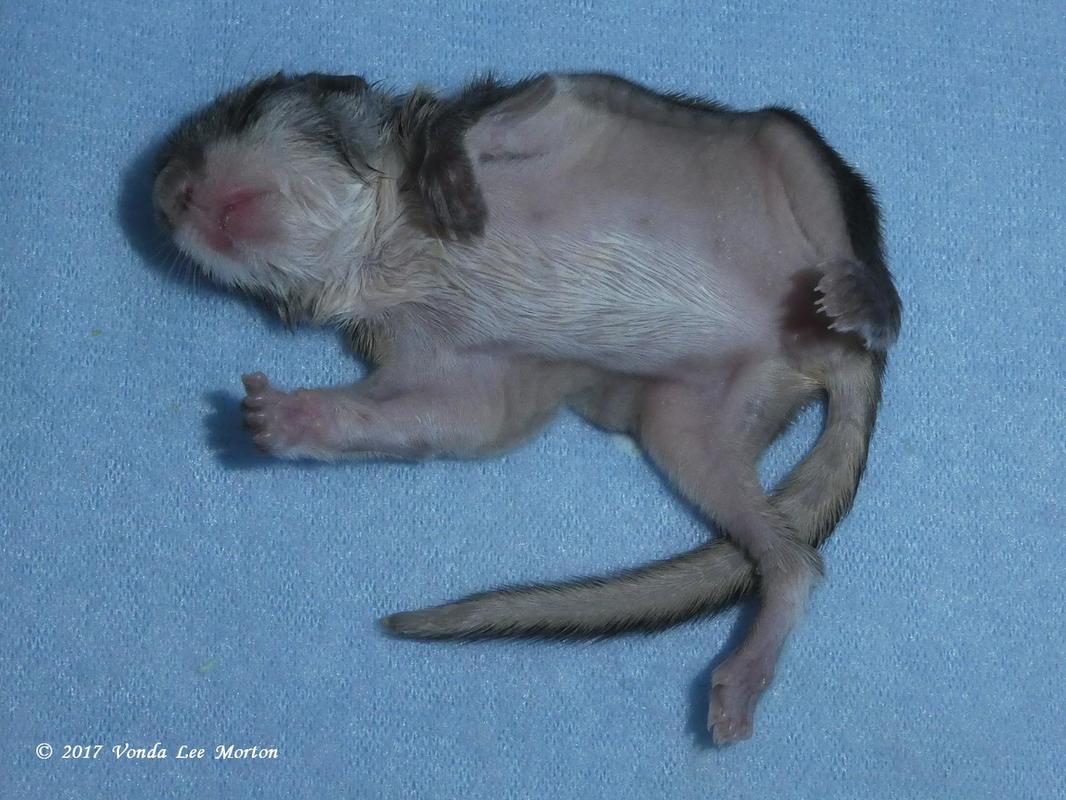
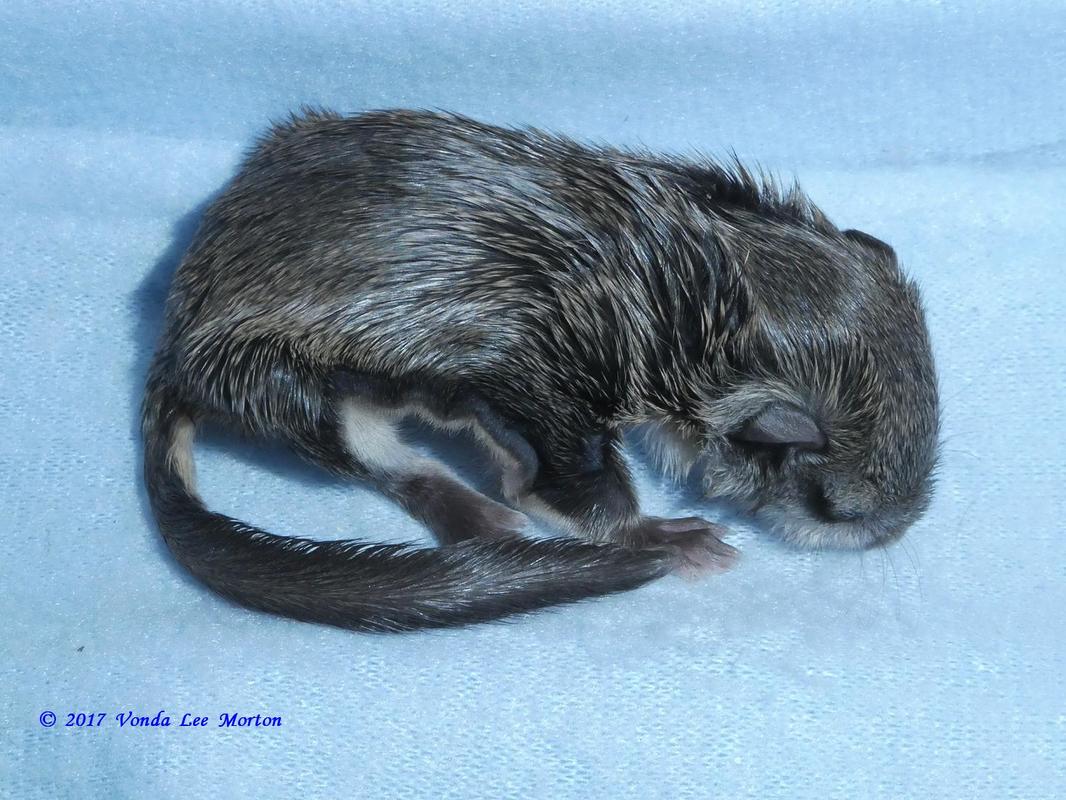
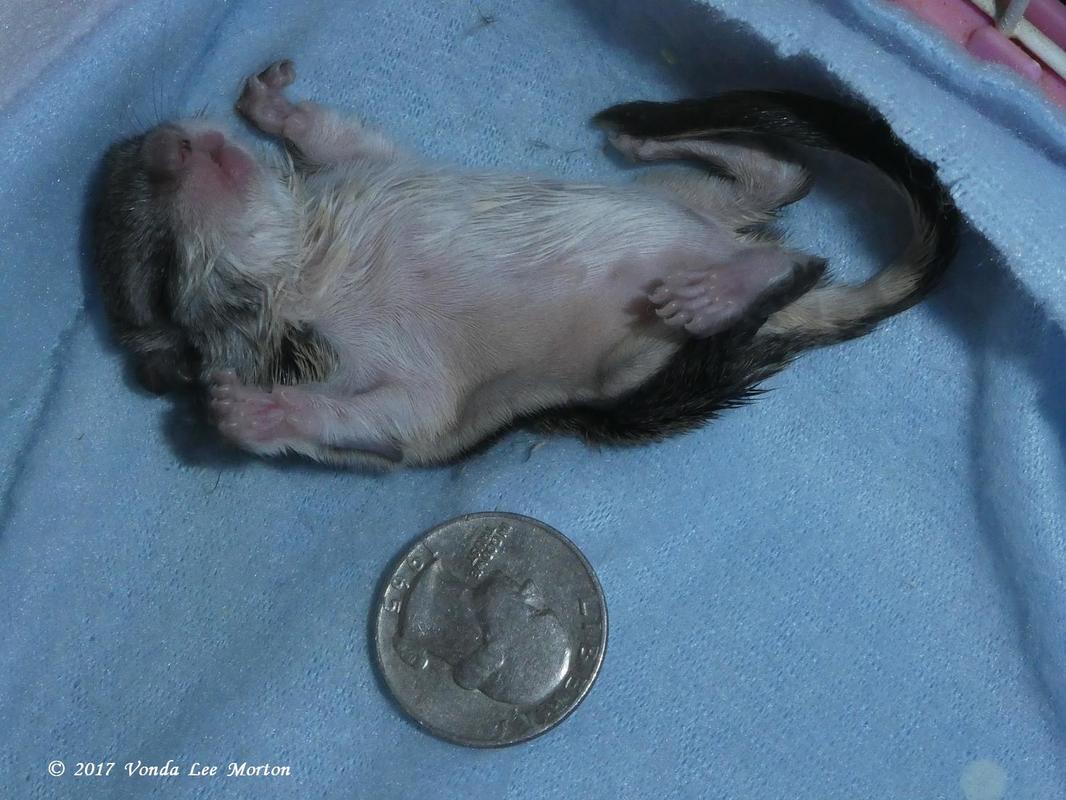
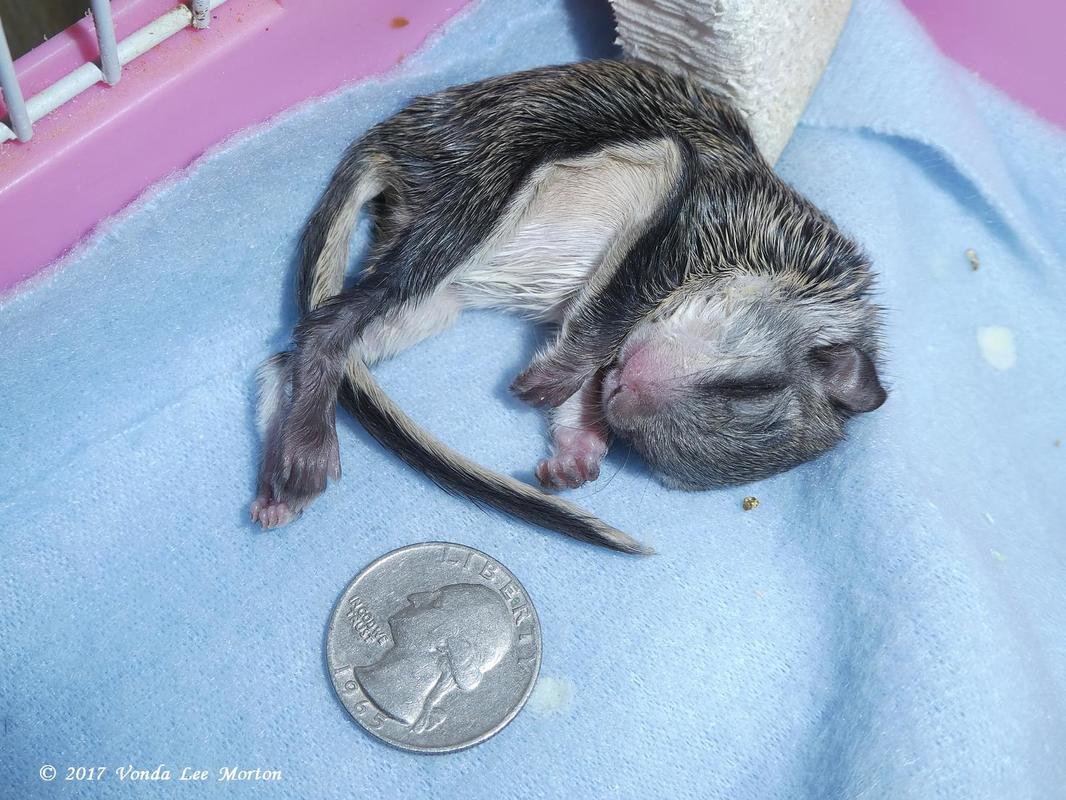
 RSS Feed
RSS Feed
